Conjugación verbo be inglés present, past tense, past perfect, present perfect, future Ver la traducción en contexto para be y su definición ©21 ReversoSoftissimoONLINE ENGLISH GRAMMAR QUIZ topic Verbs TO BE (present tense) level Beginner Choose the correct PRESENT TENSE form of the verb TO BE forPresent tense 1 MultipleChoice_MTYyMzQ= Present tense 2 GapFillTyping_MTYyMzU= Level advanced We can use present forms to talk about the past when we are telling a story Well, it's a lovely day and I'm just walking down the street when I see this funny guy walking towards me Obviously he's been drinking, because he's moving from side to

Free Past And Present Tenses Year 1 Grammar Lesson Teaching Resources
Be simple present tense
Be simple present tense- There are many different tense forms of the word that are commonly used; The simple present tense is when you use a verb to tell about things that happen continually in the present, like every day, every week, or every month We use the simple present tense
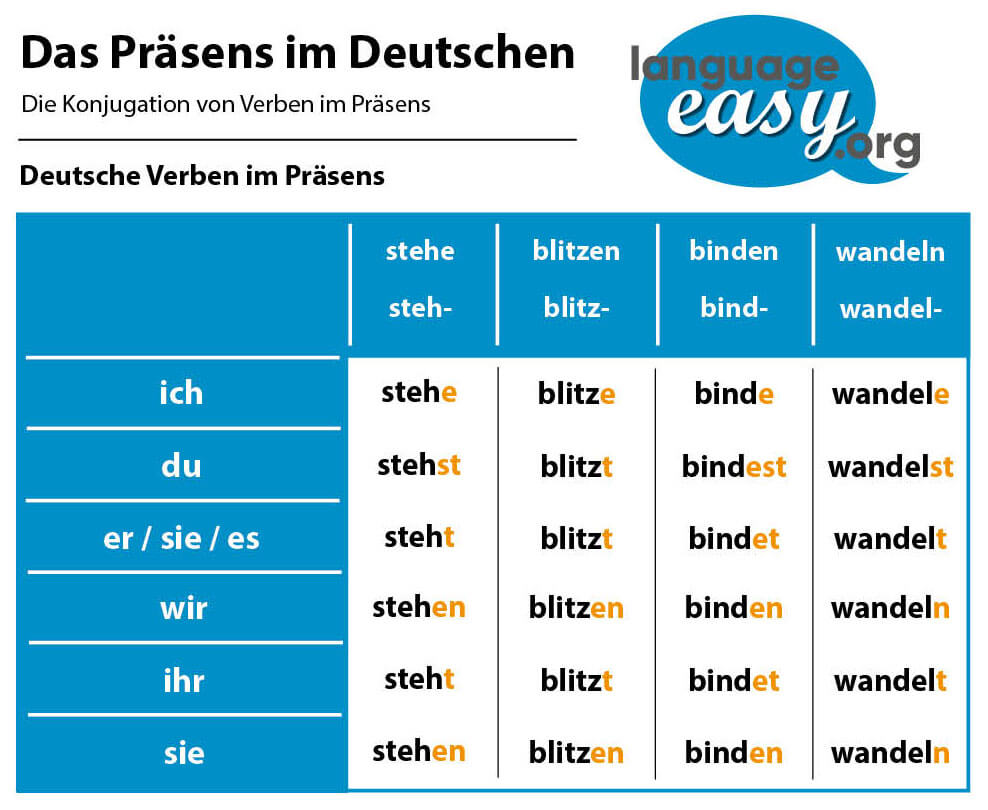



German Present Tense Learn German Easily With Language Easy Org
Verb Tense Verbs are direct, vigorous communicators Use a chosen verb tense consistently throughout the same and adjacent paragraphs of a paper to ensure smooth expression Use the following verb tenses to report information in APA Style papers Paper sectionThe thing is, using imperative, present tense works for huge projects (eg Linux) so it obviously scales In addition, it requires pretty much zero effort using over past tense As result, I see no reason (other than "old people are used to write commit messages in past tense") to use anything else but imperative, present tenseUse this "to be" grammar worksheet to understand this really important verb Children need to fill in the correct form of the verb in the gaps to make their sentences correct and making sense This useful activity gets children to use the verb in the present tense effectively It includes the affirmative, the negative and contractions so children have a full understanding of how to use
Resumes are written with a mix of past and present tense Use these steps to determine when you should use each tense within your resume 1 Write about past jobs in the past tense If you're writing about your responsibilities and the accomplishments you achieved in past roles, you should always write in the past tense The present tense is a grammatical tense used for verbs that describe an action happening right now It is considered easy to use and exists in all languages The present tense is broken down into four different categories present simple, present continuous, present continuous and present perfect continuousThe present perfect tense of the verb 'to be' 'have been' or 'has been' and The present participle of the main verb 'ing Some examples of present perfect continuous tense are, My hands are very dirty as I have been painting the walls They have been trying to contact her
The simple present is a verb tense with two main uses We use the simple present tense when an action is happening right now, or when it happens regularly (or unceasingly, which is why it's sometimes called present indefinite) Depending on the person, the simple present tense is formed by using the root form or by adding ‑s or ‑es to thePresent simple pdf exercises Exercise 1 Simple Present Tense Exercise 2 Simple Present Tense Exercise 3 Simple Present Tense Exercise 4 Review of the Simple Present Tense Exercise 5 Review of the Simple Present Tense Answer Keys worksheets Verb to be present handout Affirmative, negative, questionsThe simple present tense is the way to talk about facts It tells what is always, sometimes, or never true, or what happens over and over It uses the base form of the verb (the infinitive without 'to') except in the third person singular 3rd person singular (he, she, or it one person or thing) ends in
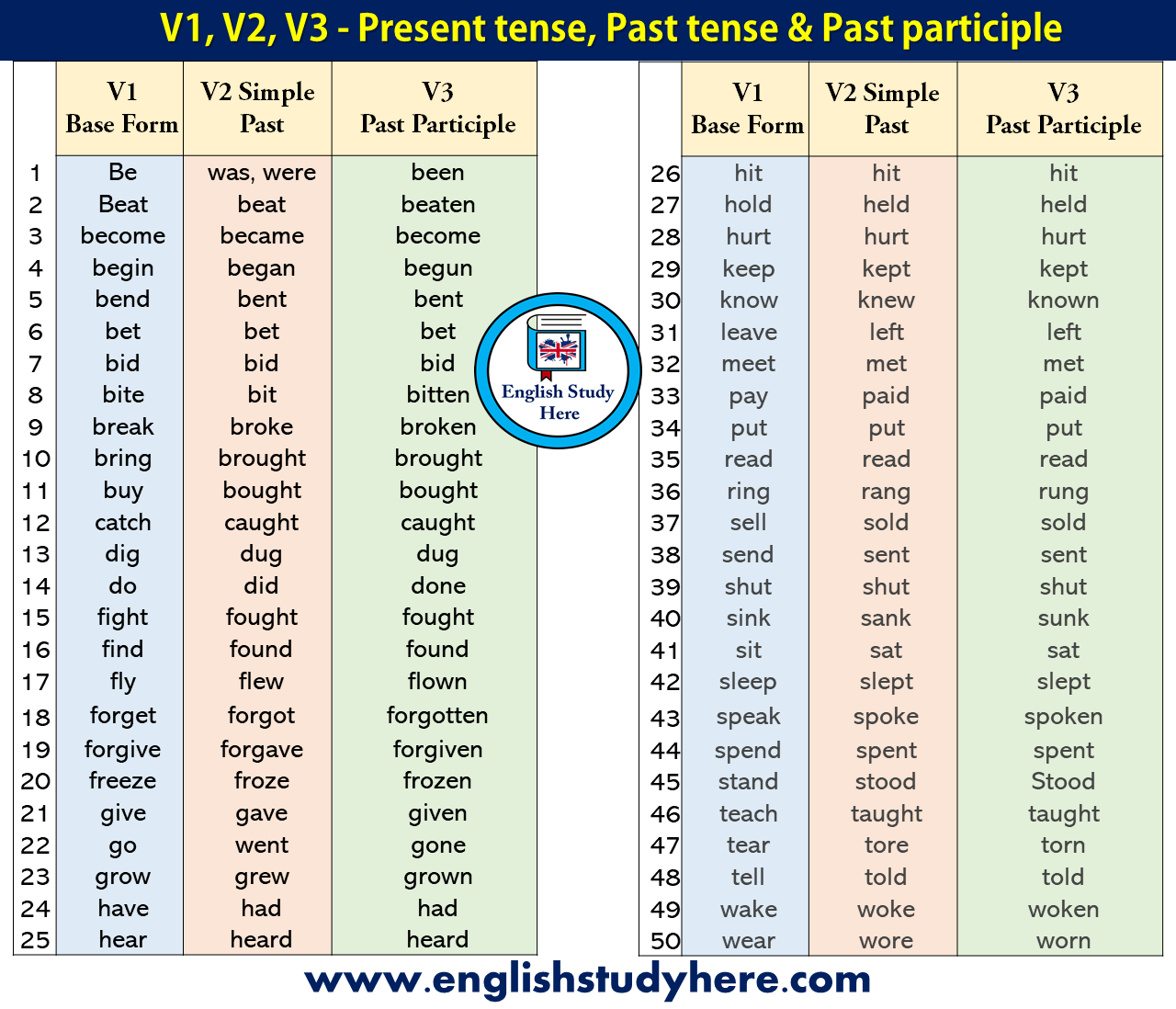



50 Examples Of Present Tense Past Tense And Past Participle English Study Here




The Hebrew Verb Present Tense Hebrewversity
The present tense is mostly used to identify the action of a verb as taking place in the present time However, depending on which way we form the present tense, it can also be used to describe things that happened in the past, or even certain events that are planned to happen in the futureThe simple past tense of "to fly" is "flew" (for both singular and plural) Below are the simple present, past, and fu feel (thirdperson singular simple present feels, present participle feeling, simple past and past participle felt) (heading) To use the sense of touchİngİlİzce ÖĞrenmek İsteyenler kanalima abone olup lİke atarsa sevİnİrİm The simple present is the most common andSimple present tense with 'be' The verb 'be' is different from the other verbs in this tense Let's look at 'be' first Here's the positive form (positive means a normal sentence, not a negative or a question This is sometimes called 'affirmative') Click here to practise making the positive with 'be' Next, here's the negative It's very easy




English Grammar The Simple Present Lesson 5 Rules For The Simple Present Tense Learn English With Africa




Present Tense Definition Rules And Examples Of The 04 Present Tenses 7esl
The form of the verb to be is am (contracted to 'm), is ('s) and are ('re) in the present tense and was/were in the pastTo be is used as an auxiliary verb, to form continuous tenses and the passive, and as a main verb Here we are looking at it as a main verbWe've covered the past tense in other articles, and in this one we'll go over simple present tense Unlike other verbs in English, to be is conjugated (in other words, it changes) according to grammatical person and numberConjugate the English verb be indicative, past tense, participle, present perfect, gerund, conjugation models and irregular verbs Translate be in context, with examples of use and definition




Grammar Video For Kids Simple Present Tense Youtube
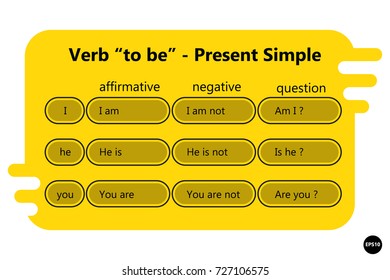



Simple Present Tense Images Stock Photos Vectors Shutterstock
This page shows the basic English tenses with the irregular verb BE, in affirmative/positive, negative and interrogative/question forms With example sentences For ESL learnersTo describe present truthsThe present simple is used to describe something which is currently true (something that is true at the present time)The present s Present Simple Tense In English, among the 12 basic Tenses, the most basic tense is the Present Simple Tense This tense is also known as Present Indefinite Tense How do we make the Present Simple tense?




Free Past And Present Tenses Year 1 Grammar Lesson Teaching Resources



3
The present tense is used to describe things that are happening right now, or things that are continuous The future tense describes things that have yet to happen (eg, later, tomorrow, next week, next year, three years from now) The following table illustrates the proper use of verb tensesSimple Present Tense With 'TO BE' When building a sentence in English, a verb is always required The verb "be" is the most important verb to learn in English ''TO BE'' is used to describe objects, features, locations, etc The verb '' TO BE ''has three forms in the present; See The present continuous tense and Form of adverbs and The present perfect continuous tense The passive form of a main verb uses the appropriate form of be followed by the past participle See Active and passive The verb be is also used as a main verb It is commonly found joining a subject to its complement
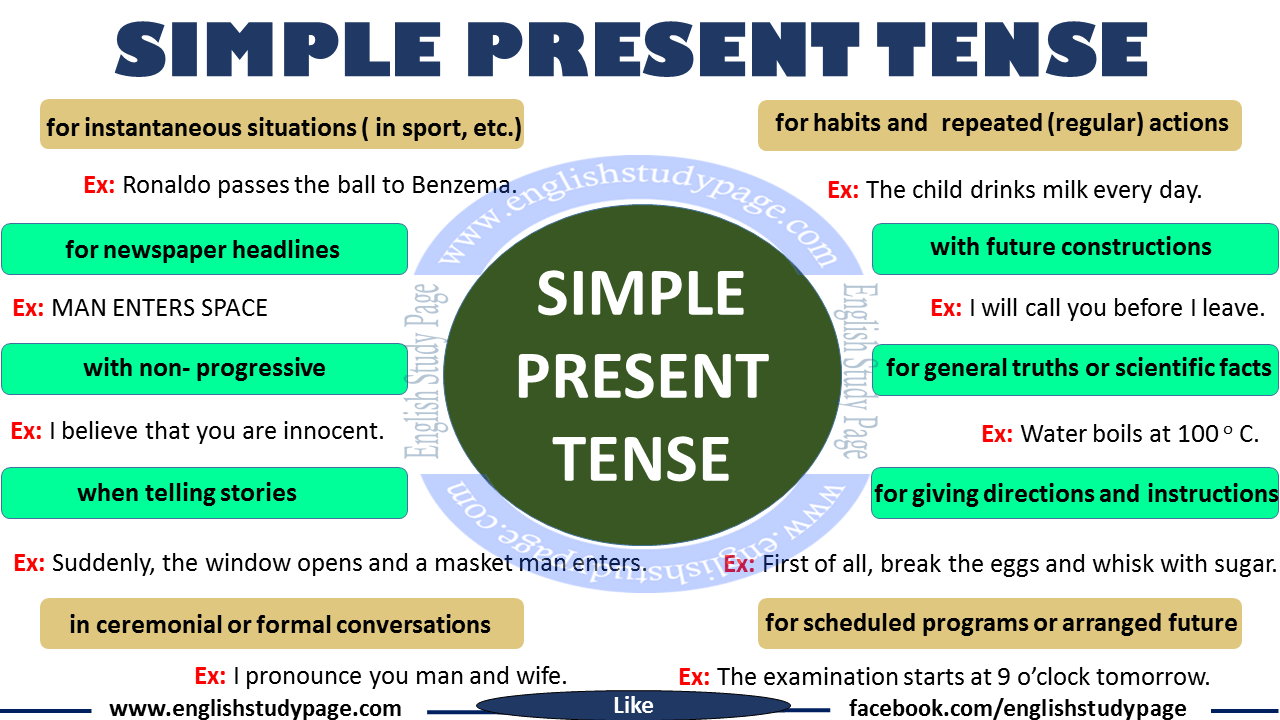



Simple Present Tense English Grammar English Study Page




To Be Past Present Tense Affirmative Sentences Youtube
To Be Present Tense• The verb " to be" is the most important verb to learn in English Its also the most complicated one• In the present tense it has three forms am, is, are The verb "To be" changes with the subject to am, is, or areFormation Subject pronouns form of the verb• Subjects pronouns I, you, he, she, it, we, andThere are three basic forms of Present Simple Tense These three forms are used to make different types of sentencesAm, is and are;




Simple Present Tense English Esl Worksheets For Distance Learning And Physical Classrooms
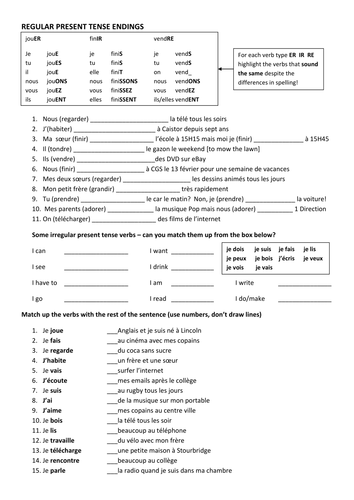



Present Tense Verbs In French Teaching Resources
Present Tense of Verbs How to Form Every oneword verb in the English language has a oneword present tense And that one word is the same as the infinitive for all persons and all numbers except thirdperson singular Except for thirdperson singular, the presenttense verbs use the same word Example Name of Present Tense 2 Present tense can contribute to the characterization of a work's protagonist As Joyce Cary said, he chose the present tense for his novel Mister Johnson because its title character lives in the present and he wanted his readers to be "carried unreflecting on the stream of events," just as Mister Johnson is "As Johnson swims gaily on the surface of life, so I wantedFind 223 ways to say BE PRESENT, along with antonyms, related words, and example sentences at Thesauruscom, the world's most trusted free thesaurus




Past And Present Tenses Worksheets K5 Learning
/ThoughtCoChalkboard-5b2a9642fa6bcc0036305aa9.png)



The Present And Past Forms Of The Verb To Be
The resume tense you use depends on the type of resume you are writing and the accomplishments or responsibilities you are including in the document In this article, we explain when and how to use past tense or present tense and when it is appropriate to use both past and present tense in a certain sectionYou You have been to Britain You have not been toThe verb "be" is the most important verb to learn in English It's also the most complicated In the present tense it has three forms am, is, are In the past tense, it has two forms was and were The verb "be" is also used to make the passive voice Exercises for Blue Level – Lesson 1 Click here for a printable quiz
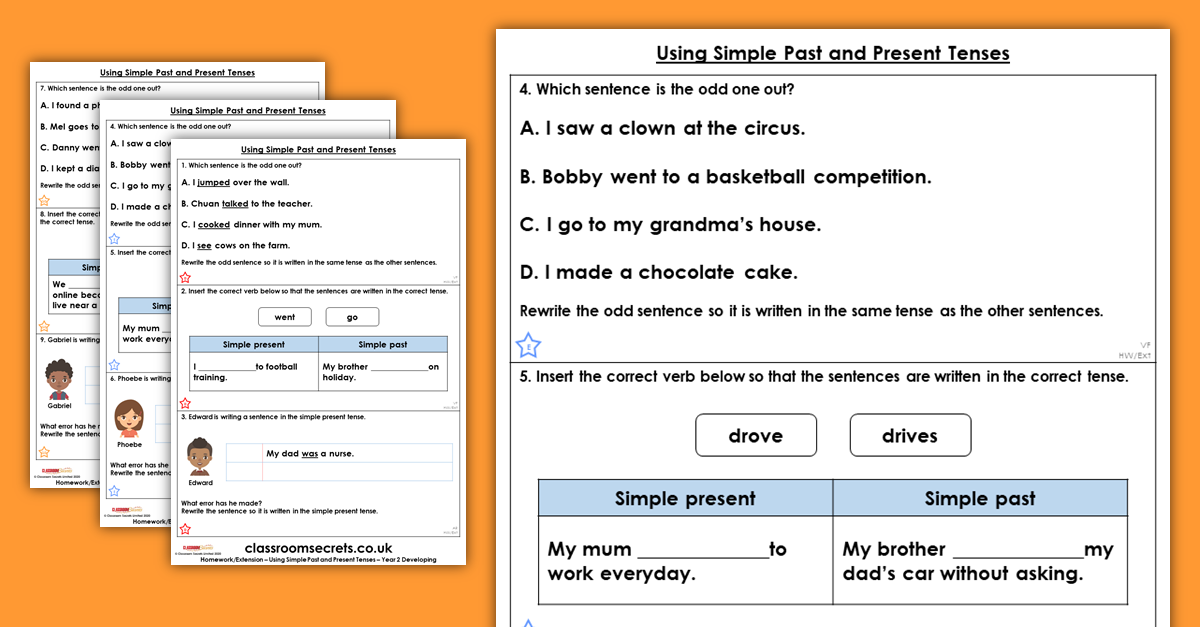



Year 2 Using Simple Past And Present Tenses Homework Extension Tenses Classroom Secrets



Simple Present Tense Lessons Blendspace
How to use special verbs in Present Perfect 1 be as a main verb Pronouns Affirmative sentences Negative sentences Questions; The Present Tenses These are the four present tenses in English and how they are used in a sentence 1Present Simple The present simple is usually the first tense English students learn You can use it to talk about yourself and other people – as well as things that occur habitually in the presentThe present tense is the verb tense used to describe a current event or state of being, but, oddly, the present tense can also describe past and future events The four present tenses are the simple present tense, the present progressive tense, the present perfect tense, and the present perfect progressive tense This page contains examples of the present tense and has an




The Verb To Be
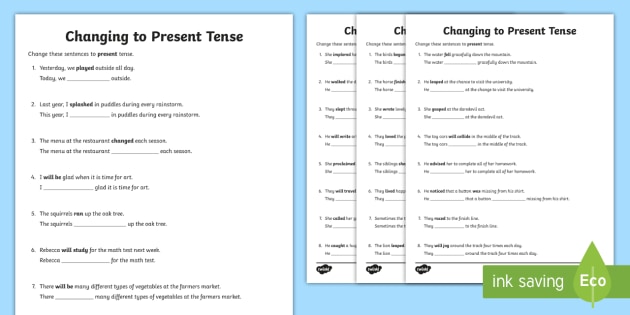



Changing To Present Tense Worksheets
Present tense definition is the tense of a verb that expresses action or state in the present time and is used of what occurs or is true at the time of speaking and of what is habitual or characteristic or is always or necessarily true, that is sometimes used to refer to action in the past, and that is sometimes used for future eventsThe present continuous tense is formed with the subject plus the present particle form (ing) of the main verb and the present continuous tense of the verb to be am, is, are One simple example of this tense is He is swimming "He" is the subject, "is" is the present tense of the verb to be and "swimming" is the present participle verb formI I have been to Britain I have not been to Britain Have I been to Britain?




Present Tense Verbs Scaffolding Notes 5 Handouts Teaching Resources




To Be Present Tense Interactive Worksheet
Unit 2 Present Tense This unit contains printable present tense worksheets Each worksheet includes an explanation and examples of the three aspects (simple, progressive, and perfect) of the present tensePositive I am I'm from Japan you / we / they are you're / we're / they're from Brazil he / she / it is he's / she's / it's from India Negative I am not I'm not married you / we / they are not You're not / You aren't We're not / We aren't They'reUse present tense to state facts, to refer to perpetual or habitual actions, and to discuss your own ideas or those expressed by an author in a particular work Also use present tense to describe action in a literary work, movie, or other fictional narrative Occasionally, for dramatic effect, you may wish to narrate an event in present tense




Forming The Present Simple Tense In English Youtube
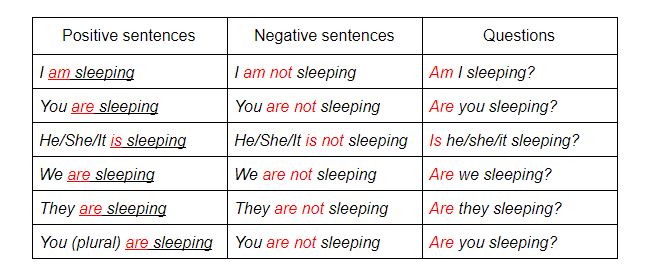



What Are The 4 Present Tenses In English And How Do You Use Them Oxford House Barcelona
Home / Grammar / Verb Tenses / BE Simple Present Tense About We are dedicated to creating and providing free, highquality English language learning resources




Present Tense What Is The Present Tense
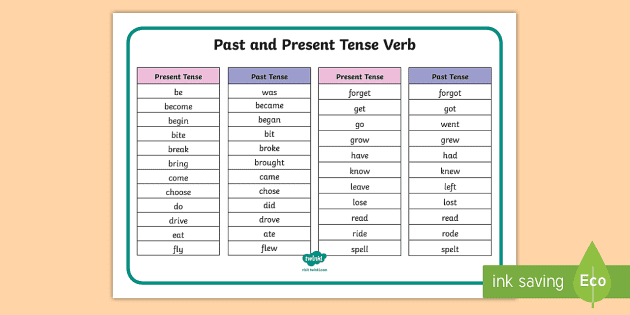



Past And Present Tense Verb Word Mat Primary Resources



Simple Present Tense In English English Study Here
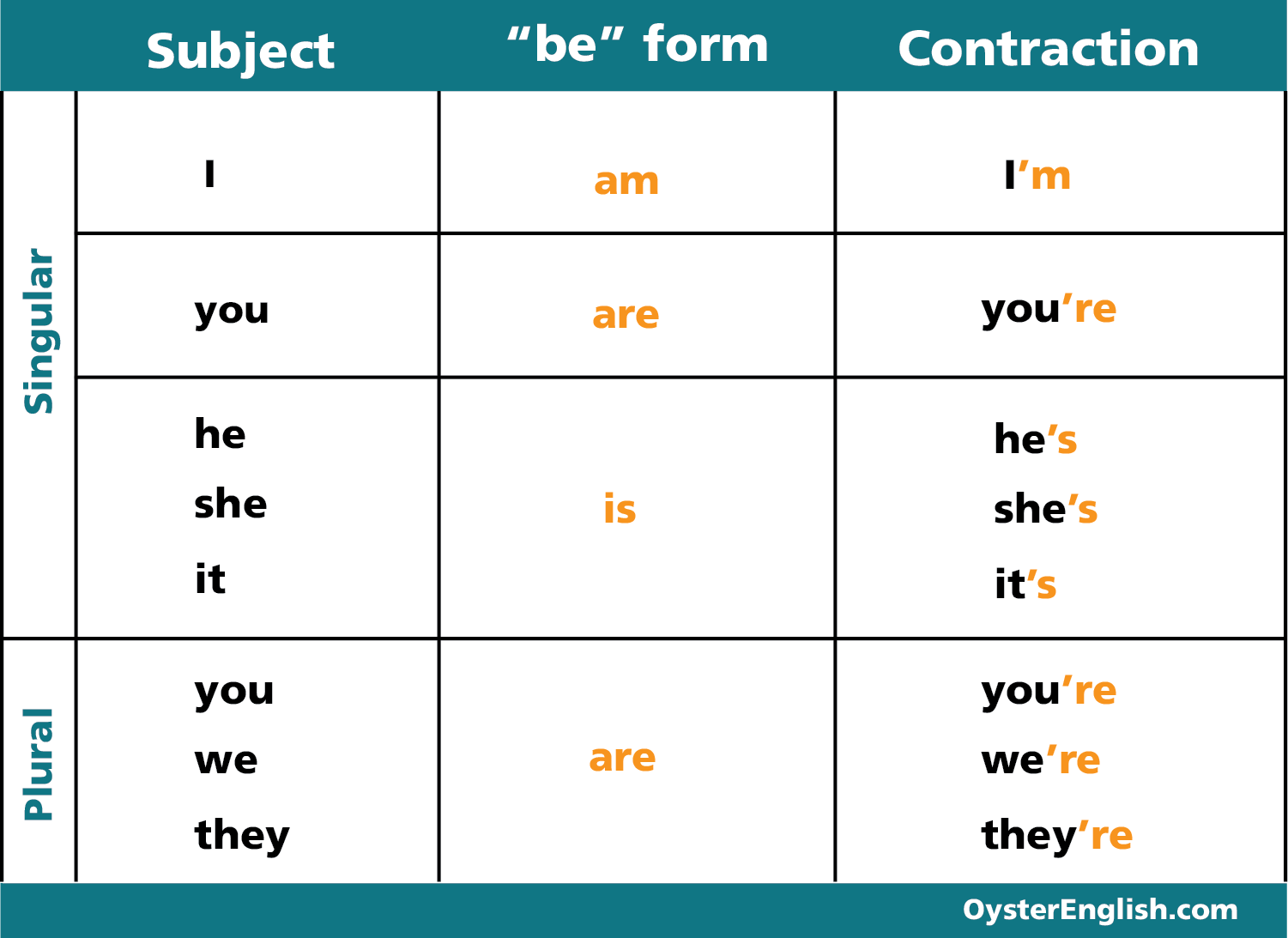



All About The Present Simple Tense




Simple Present Tense Lessons Blendspace




Present Tense Any Trouble




Poster Present Tense English Esl Worksheets For Distance Learning And Physical Classrooms
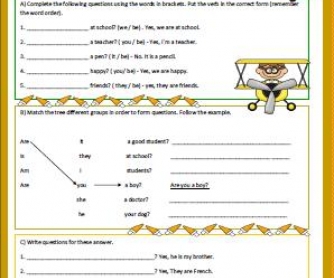



Verb To Be Present Tense Interrogative Form
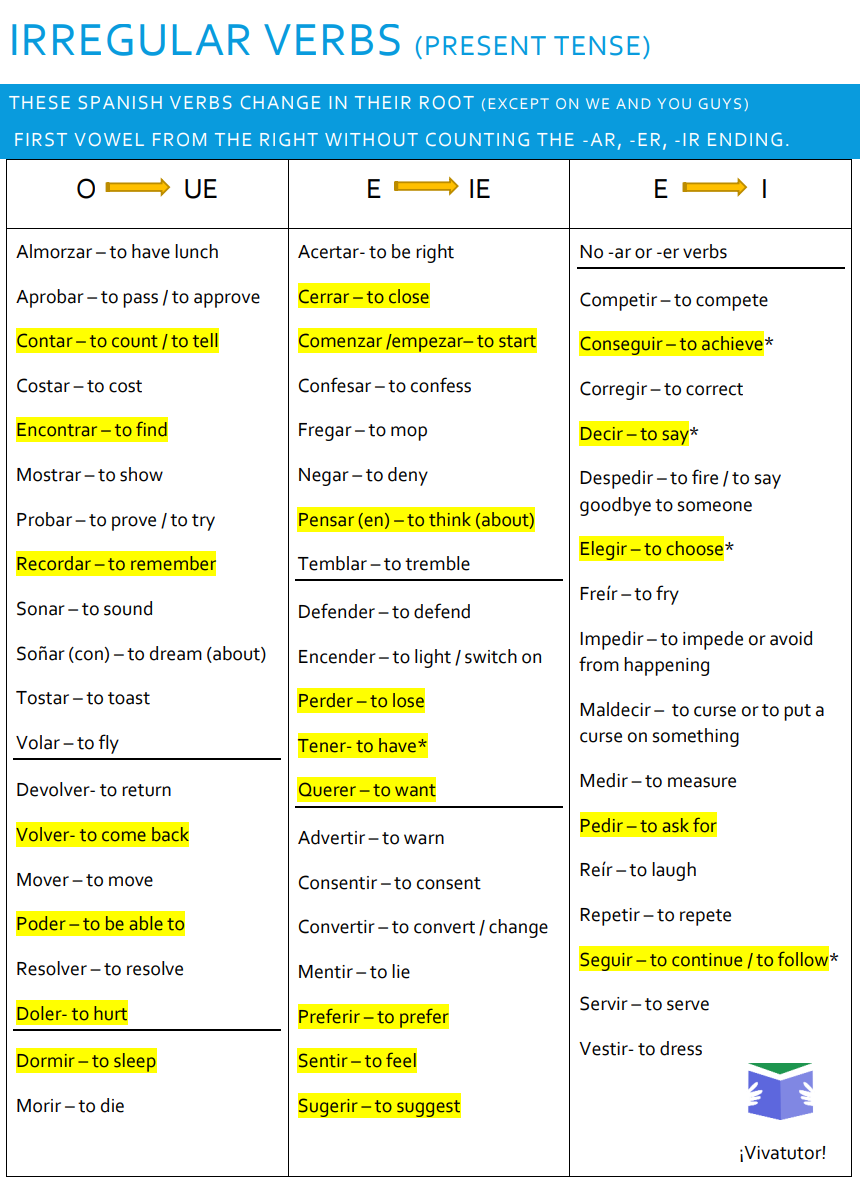



Irregular Verbs In Present Tense Video And Grid




Simple Present Tense Verb To Be Has Have English Esl Worksheets For Distance Learning And Physical Classrooms




The Simple Present Tense Useful Usage And Example Sentences Esl Forums




Present Tense Definition Rules And Examples Of The 04 Present Tenses 7esl




American English At State The Simple Present Tense In English Isn T Always As Simple As It Claims To Be In English We Use The Simple Present To Express Habits Schedules Future
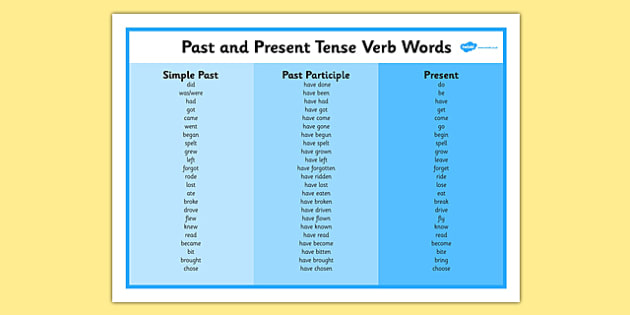



Past And Present Tense Verb Word Mat
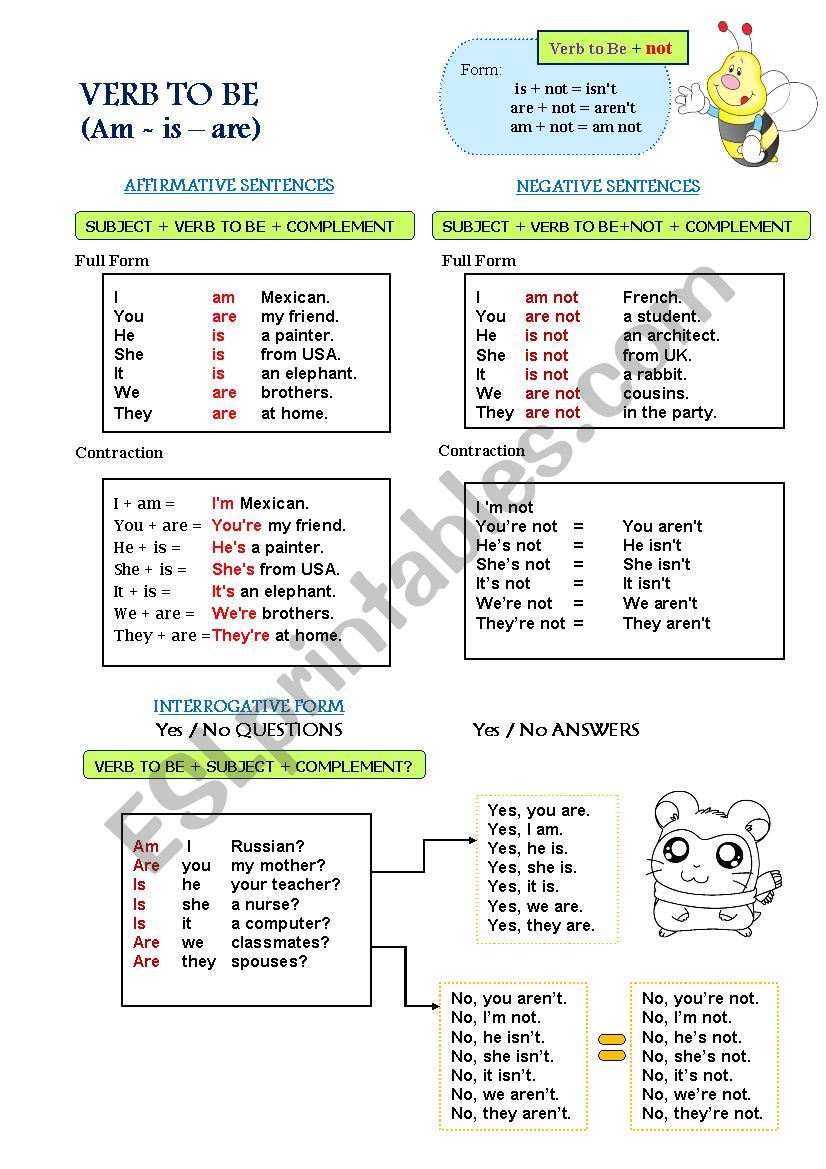



Present Tense Verb To Be Esl Worksheet By Lenylove



Present Tenses Review Verb Tenses In English Made Easy Eu English Eu English




Present Tense Verbs To Be Is Am Are 2 Year 1 Grammar Worksheets



1
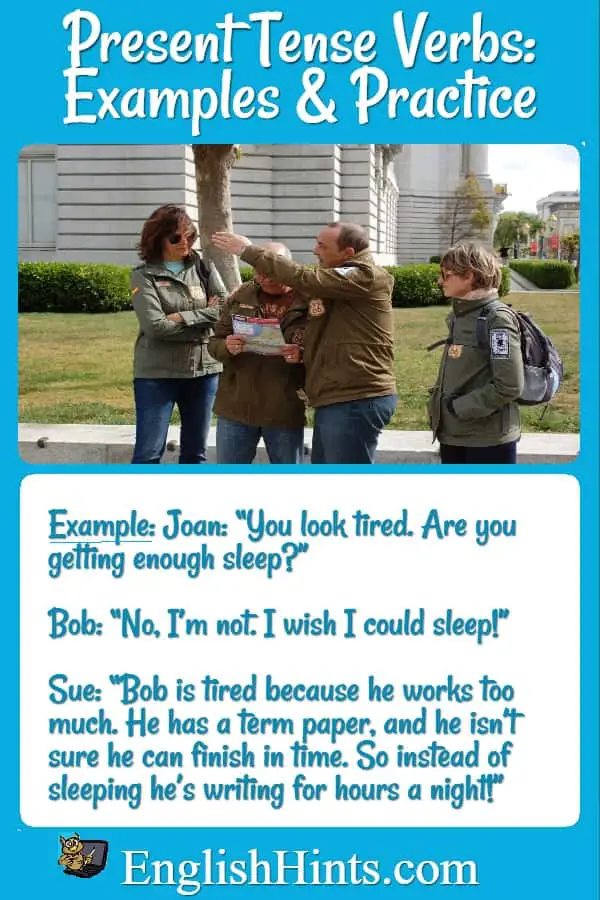



Present Tense Verbs Examples And Practice
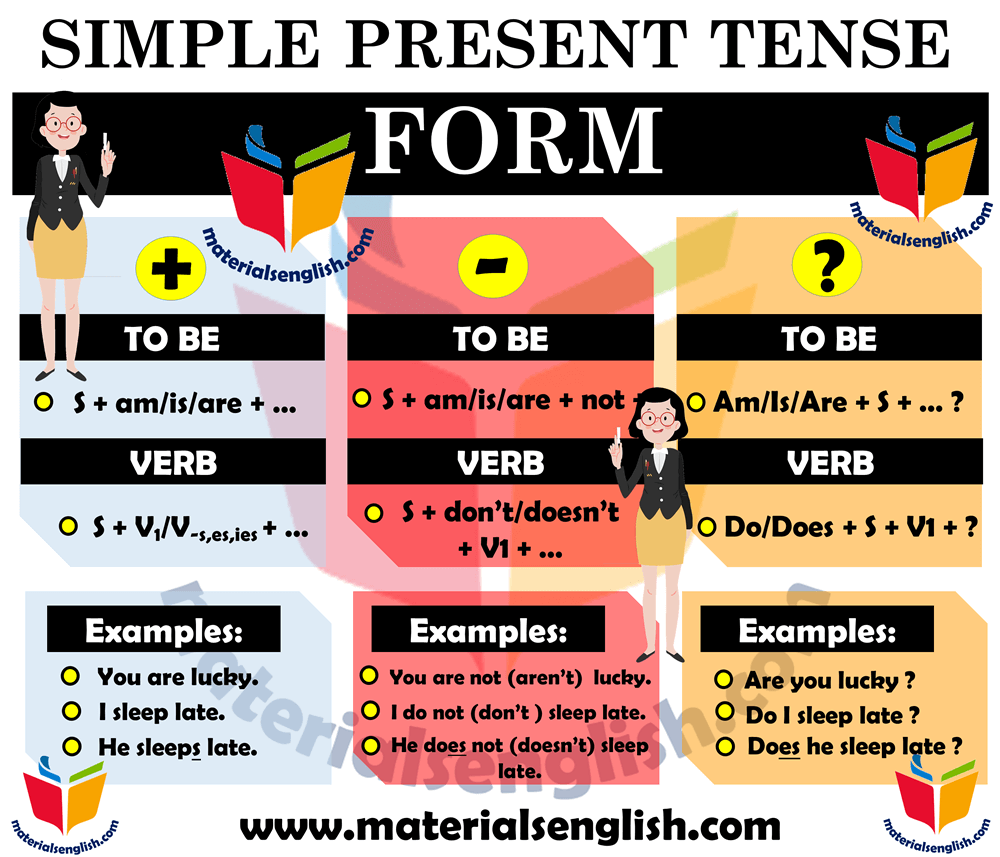



Simple Present Tense Question Materials For Learning English




Present Tense What Is The Present Tense




Module 1 10 Use The Present Tense Y7 French




65 Sentences Of Simple Present Tense In English English Study Here




Simple Present Tense With Examples Needgrammar
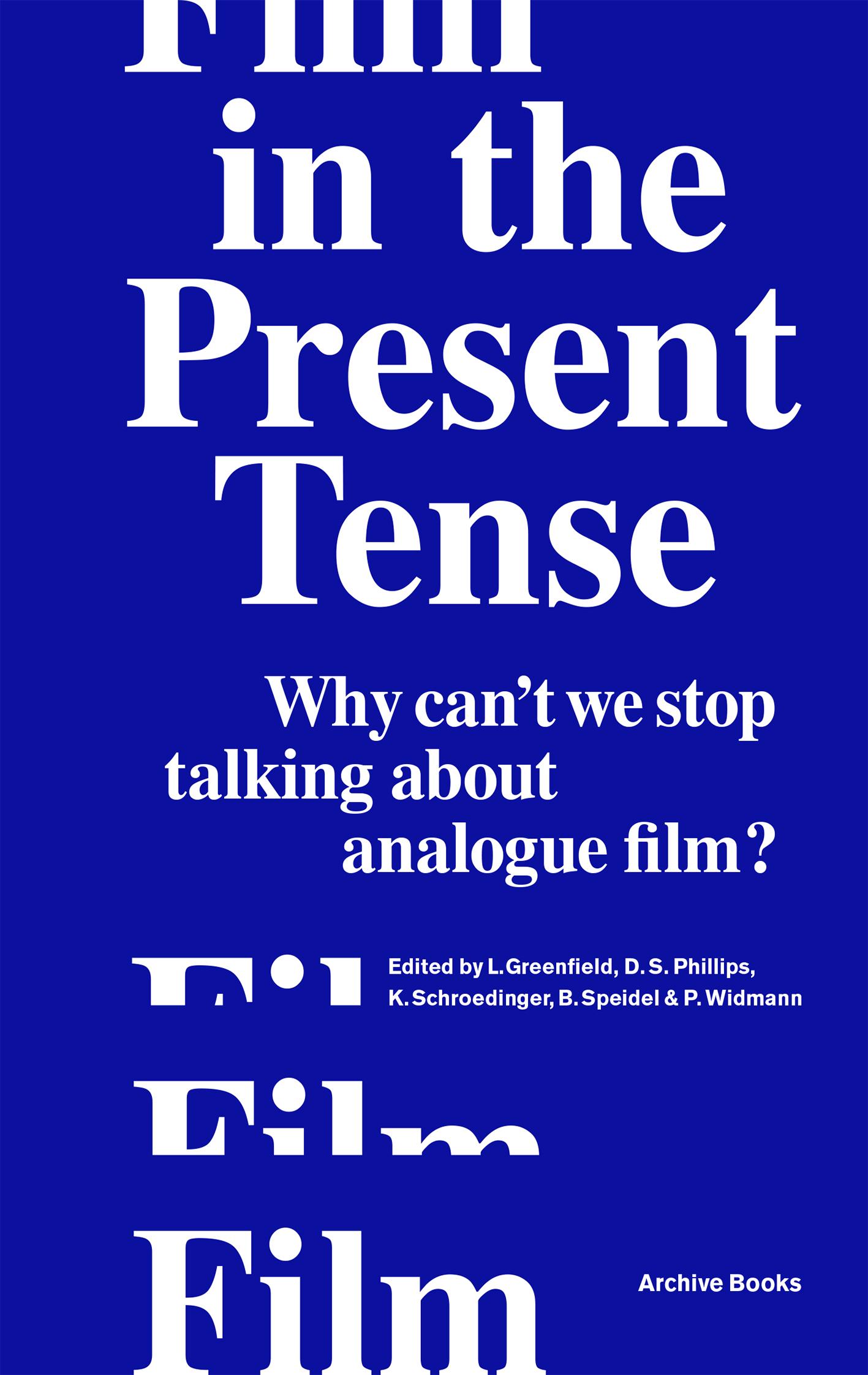



Film In The Present Tense Archive Books




Irregular Verbs Spanish Present Tense How To Unlock Spanish




English Present Tense Conjugation Chart Conjugation Chart Present Tense Verbs Verb Conjugation




Learn Irish Lesson 12 To Be Present Tense Youtube
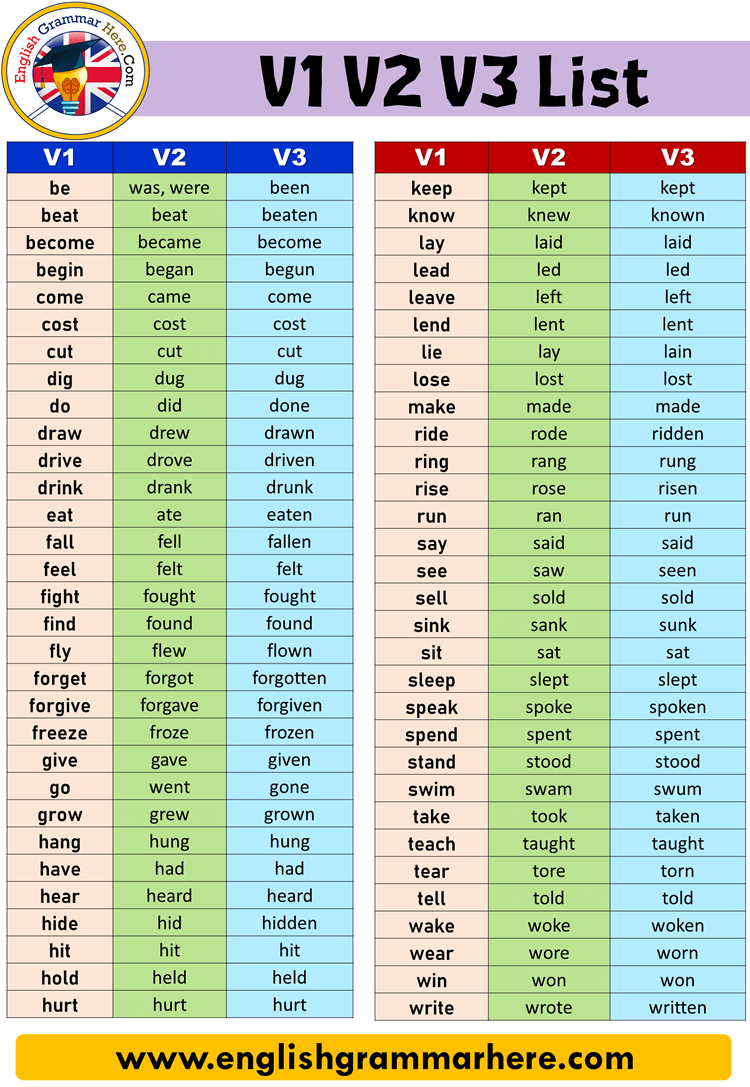



100 Words Past Present Future Tense English Grammar Here




Present Tense Verbs Bloom S Taxonomy Based Resources Bundle Teaching Resources




3 Example Of Nominal Simple Present Tense Source Download Scientific Diagram
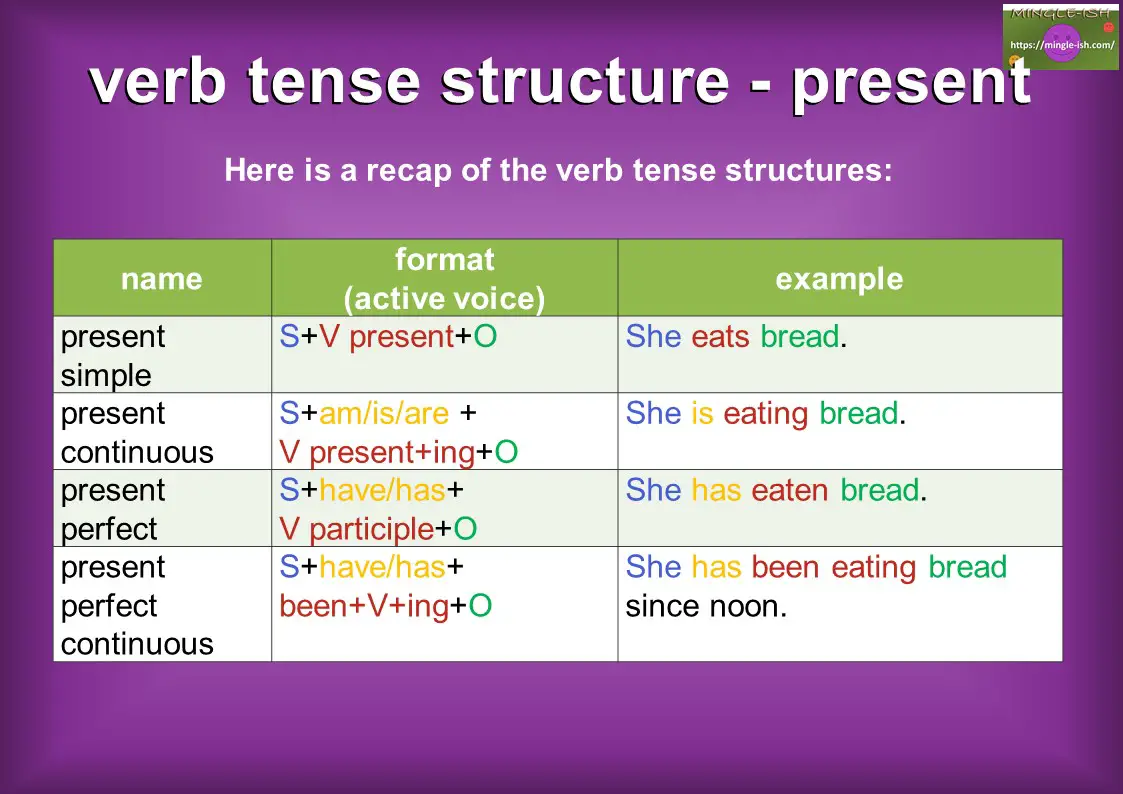



Tenses Structures In English Past Present And Future Mingle Ish
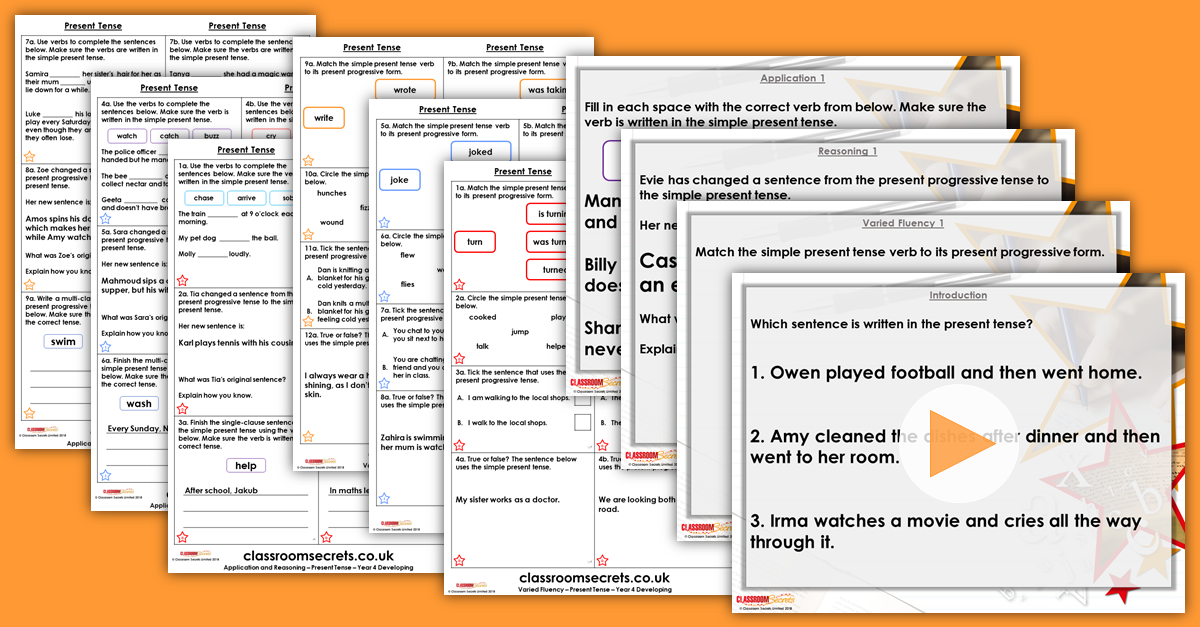



Present Tense Year 4 Ready To Write Resource Pack Classroom Secrets
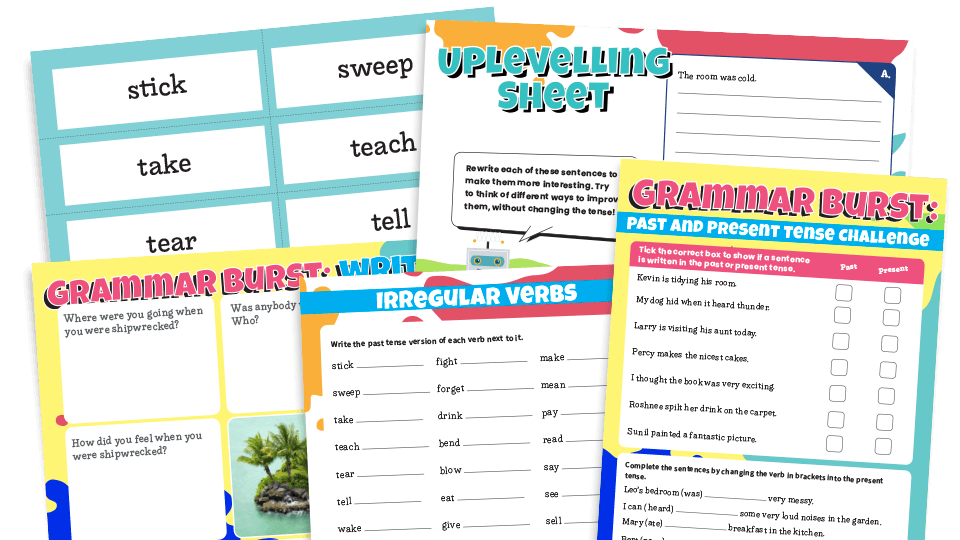



Ks1 Past And Present Tense Grammar Worksheets Lesson Pack Plazoom




24 Simple Present Tense Example Sentences And Definition English Study Here
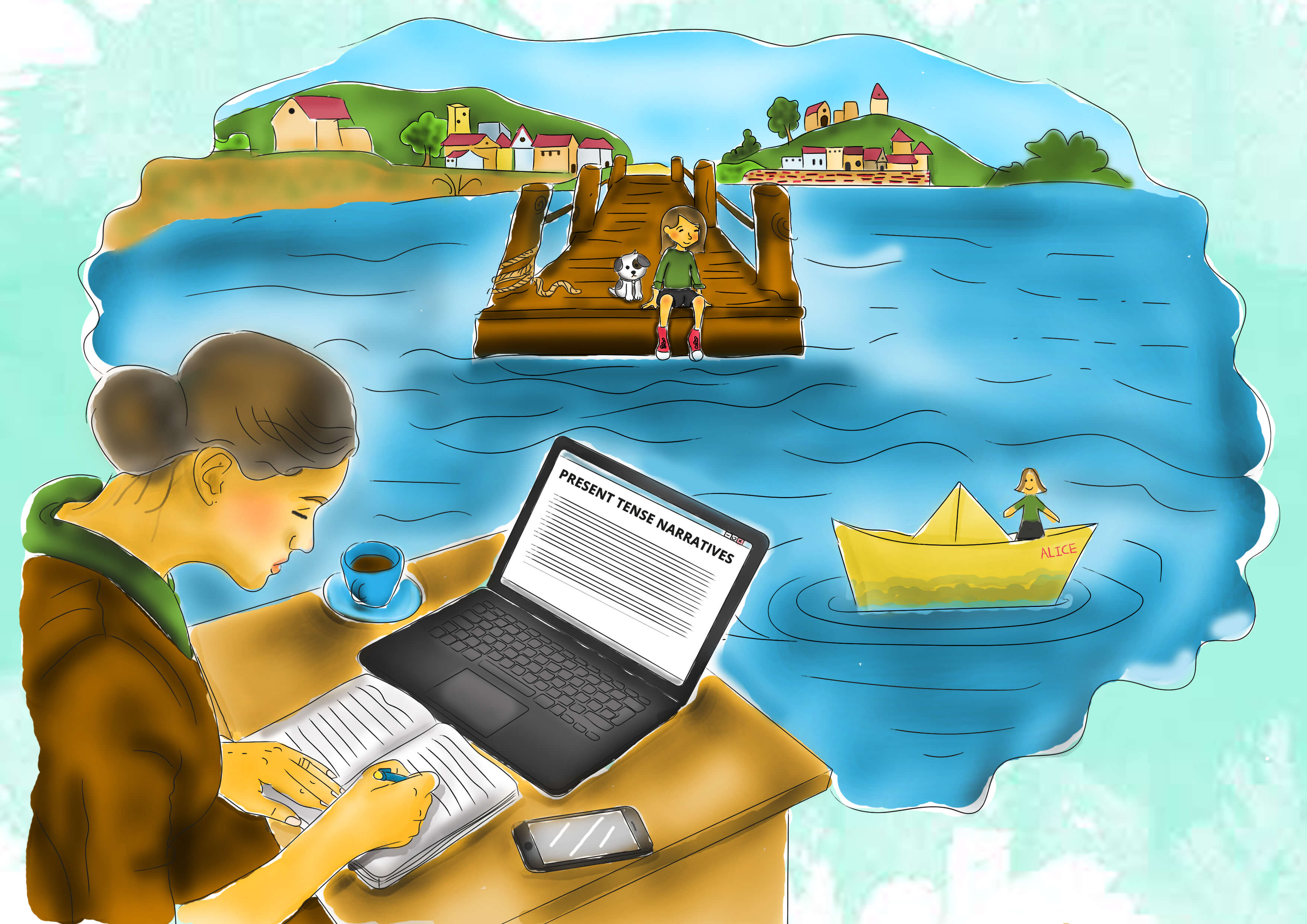



On Being Tense About Tense Present Tense Narratives In Novels




The Present Spanish Tense How To Unlock Spanish
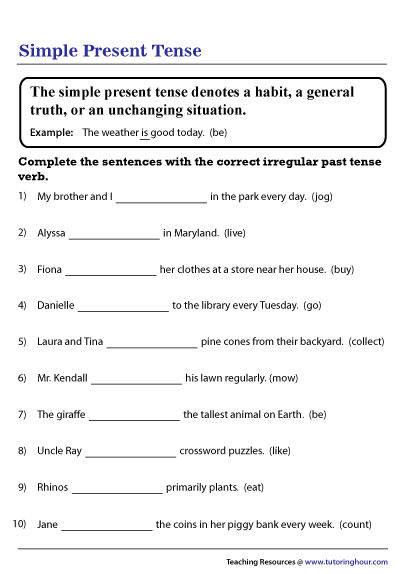



Simple Present Tense Worksheet




Present Tenses Exercise




Simple Present Tense Reading Worksheet



Simple Present Tense With To Be English Study Page
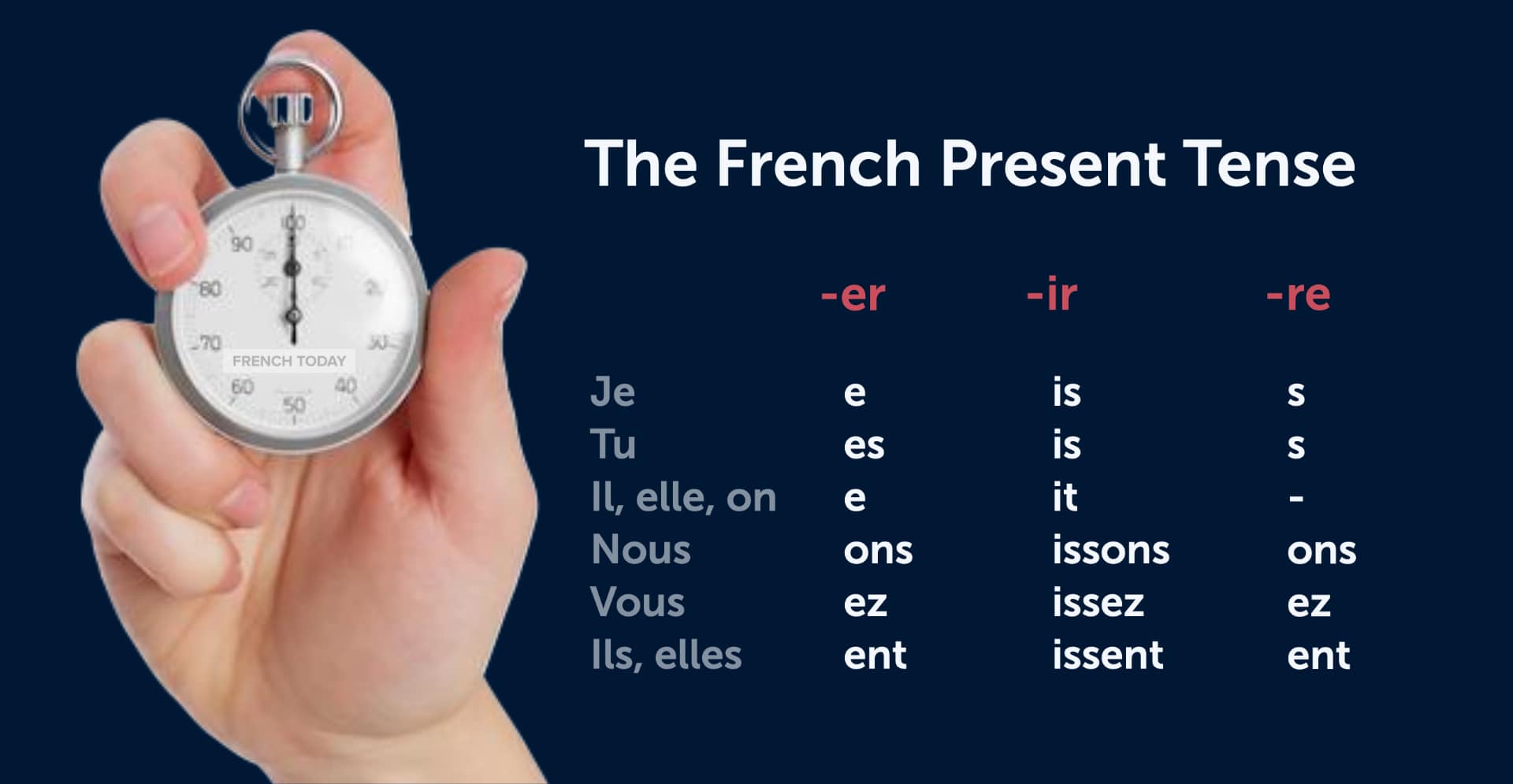



The French Present Tense Audio Guide




Past Tense Present Tense And Future Tense Posters Teaching Resource Teach Starter




German Present Tense Learn German Easily With Language Easy Org



100 Simple Present Tense Examples In English English Sentences
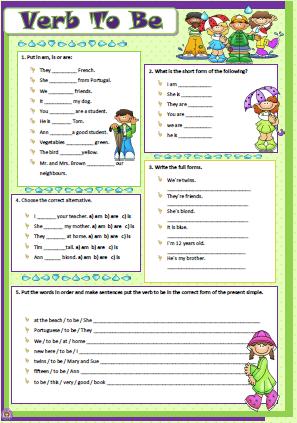



Verb To Be Present Tense Affirmative Form
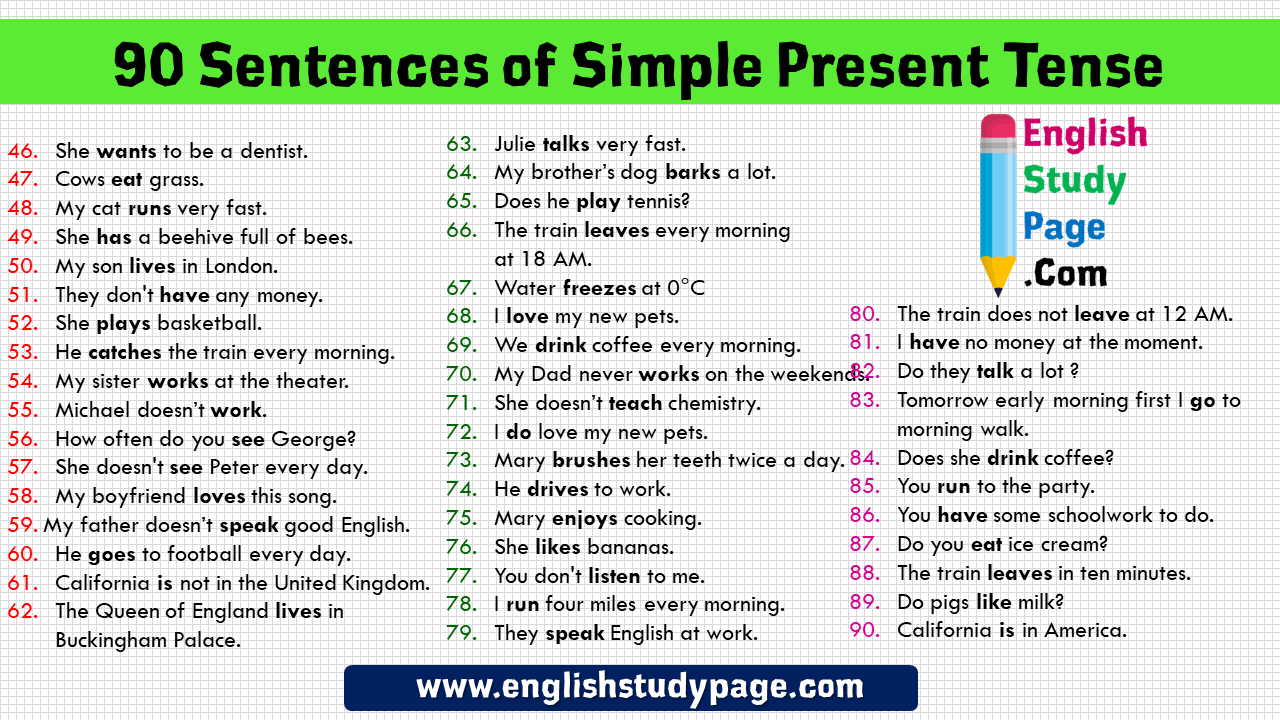



90 Sentences Of Simple Present Tense Example Sentences English Study Page




Irregular Verbs Spanish Present Tense How To Unlock Spanish




Simple Present Tense With Examples




The Simple Present Tense Useful Usage And Example Sentences Esl Forums
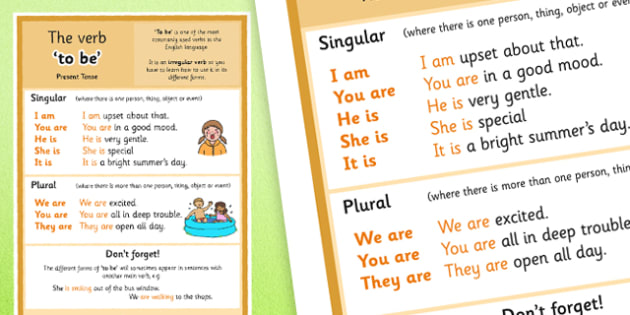



Using The Verb To Be Present And Past Tense Posters



Present




Writing Hacks For First Person Present Tense Nick Travers




Verbs Present Tense Video Lessons Examples Explanations




Irregular Verbs In Present Tense Sp Table Teaching Resources




Verb Tenses Past Tense Present Tense Future Tense With Examples Esl Grammar
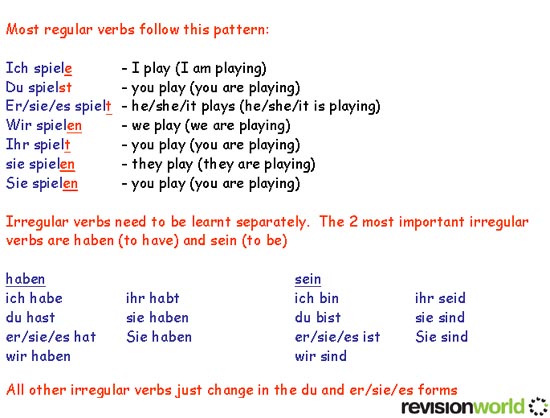



Present Tense Gcse Revision German Grammar Tenses Present Tense Revision World




To Be Present And Past Learnenglish Teens British Council




English Simple Present Tense Positive Negative And Question Sentences Simple Present Simple Present Tense Learn English Words Simple Present Tense Worksheets
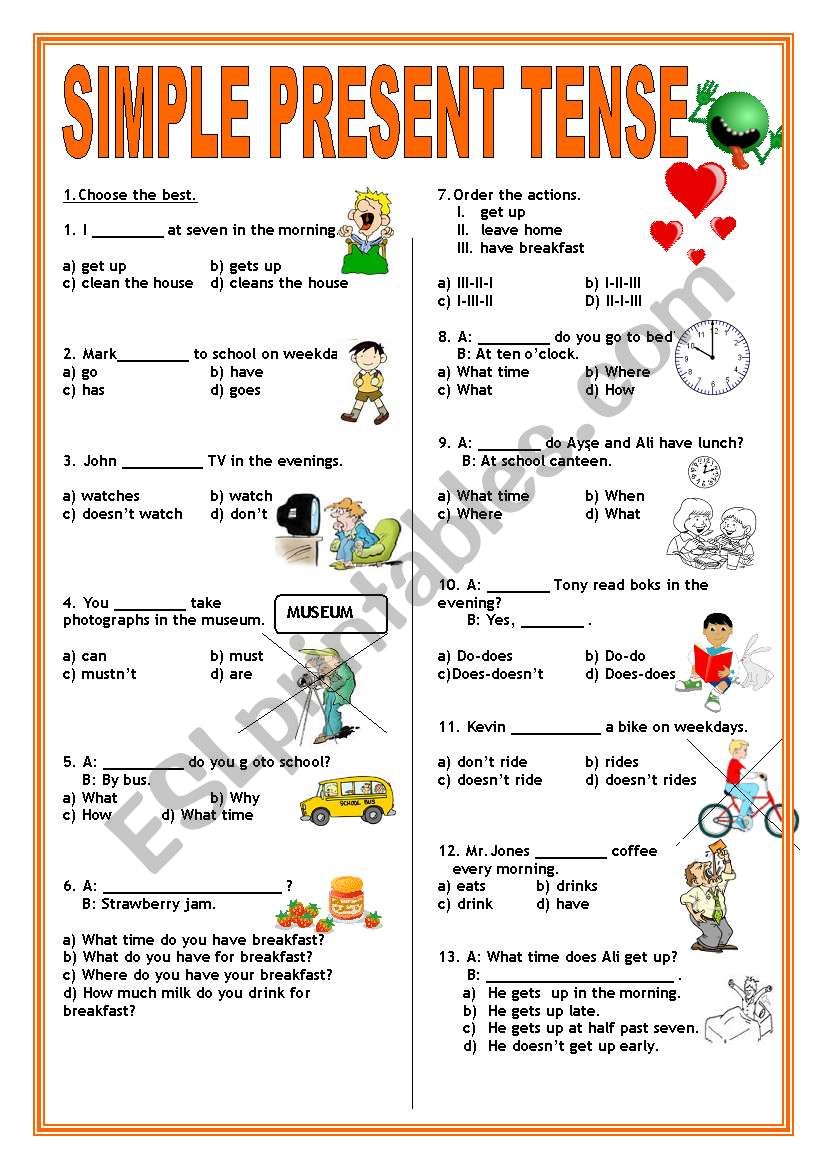



Simple Present Tense Test Esl Worksheet By Sirenriver



1
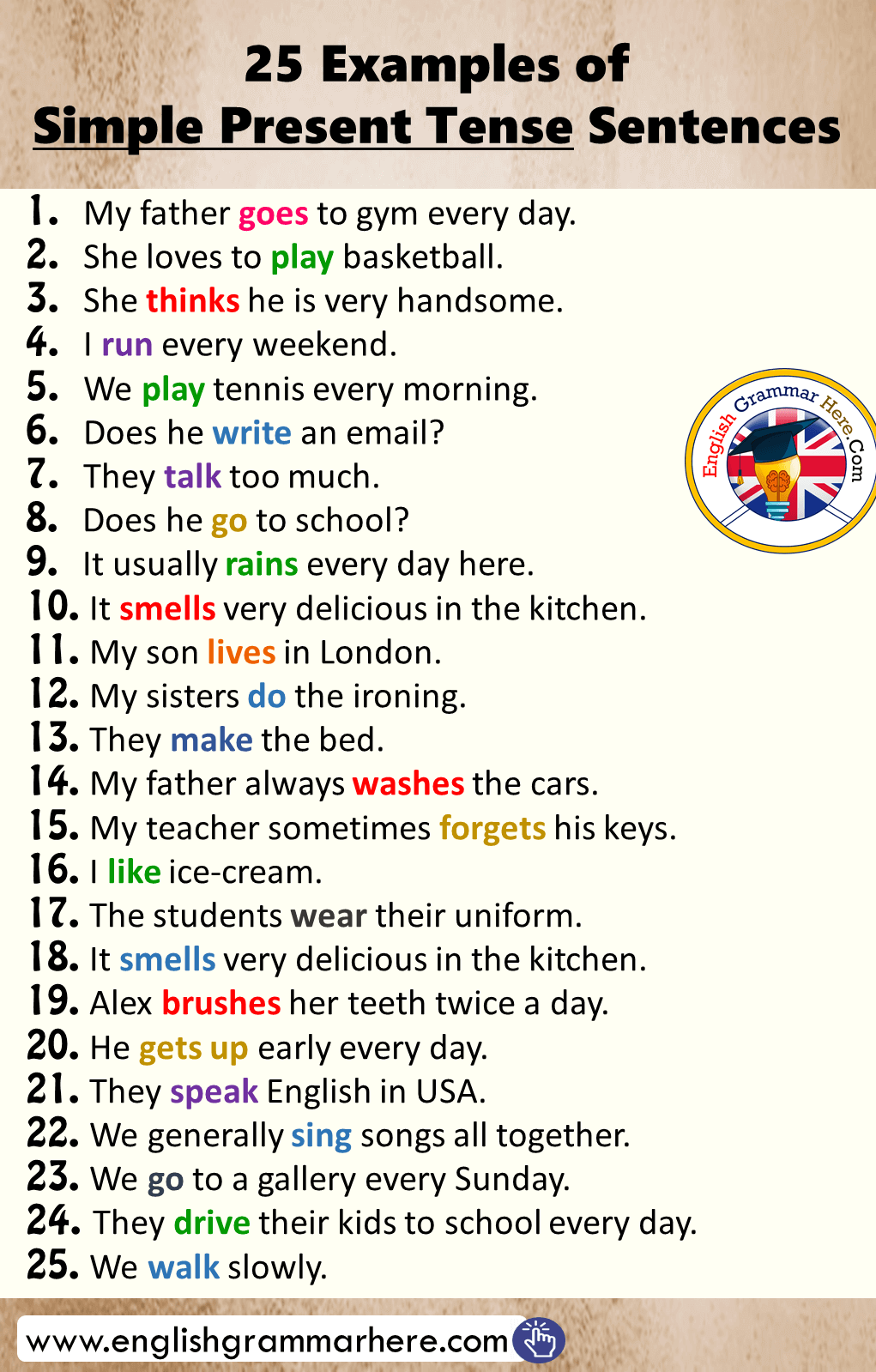



25 Examples Of Simple Present Tense Sentences English Grammar Here
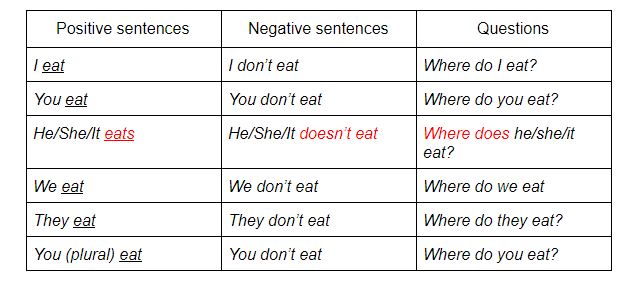



What Are The 4 Present Tenses In English And How Do You Use Them Oxford House Barcelona




Simple Present Tense Verb To Be Has Have English Esl Worksheets For Distance Learning And Physical Classrooms




Present Tense Verbs Powerpoint Presentation 26 Slides Teaching Resources




Simple Present Tense English Esl Worksheets For Distance Learning And Physical Classrooms




English Grammar The Simple Present Lesson 5 Rules For The Simple Present Tense Learn English With Africa




Present Tenses Online Worksheet For B1
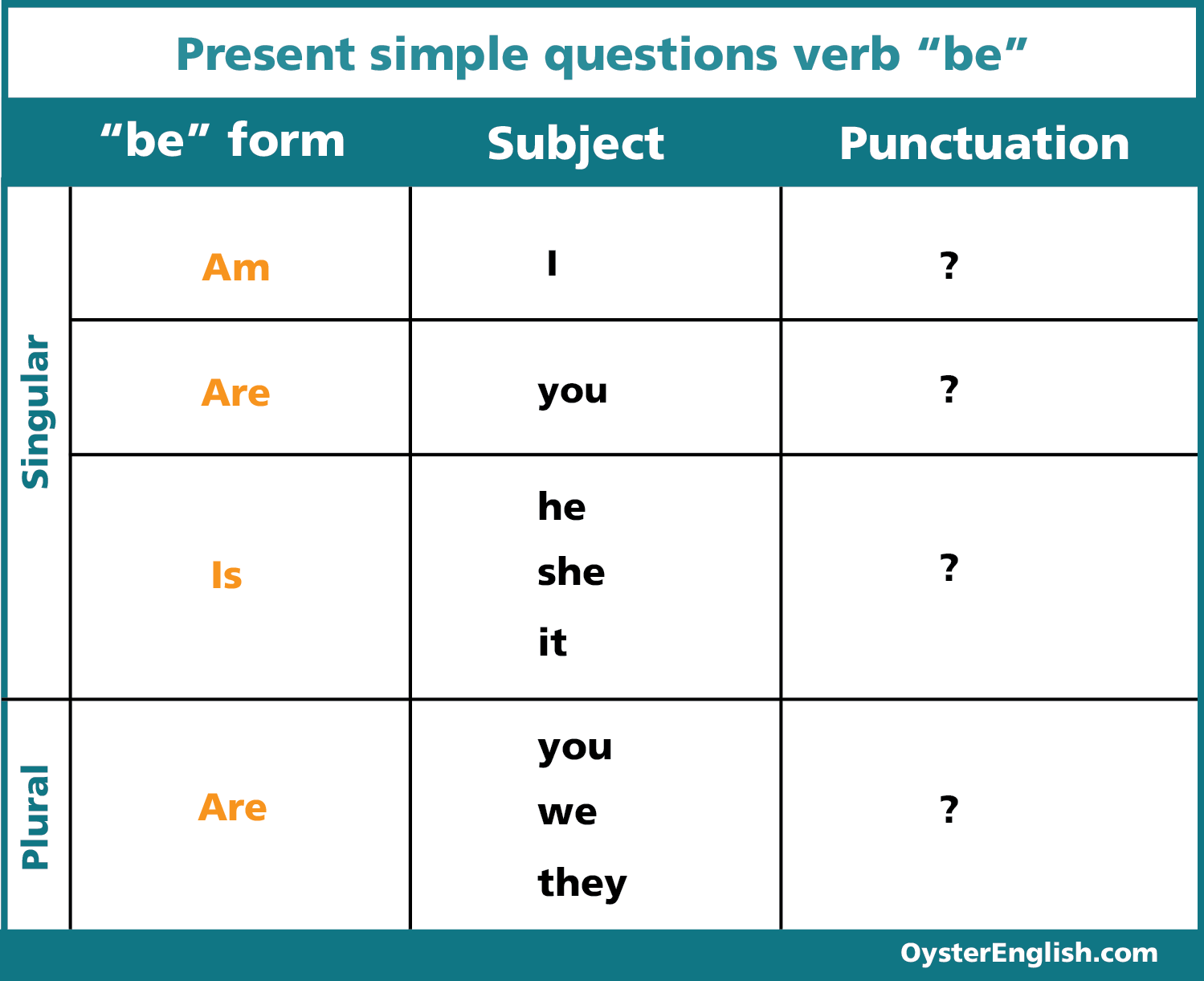



All About The Present Simple Tense
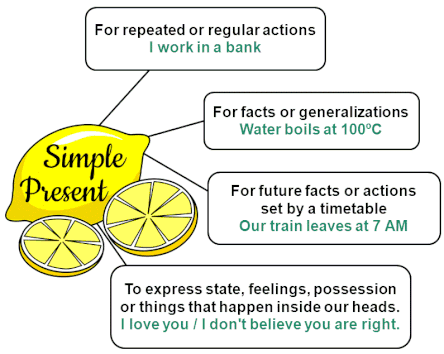



How To Use The Simple Present Tense Juicy English




To Be Present Tense Worksheet
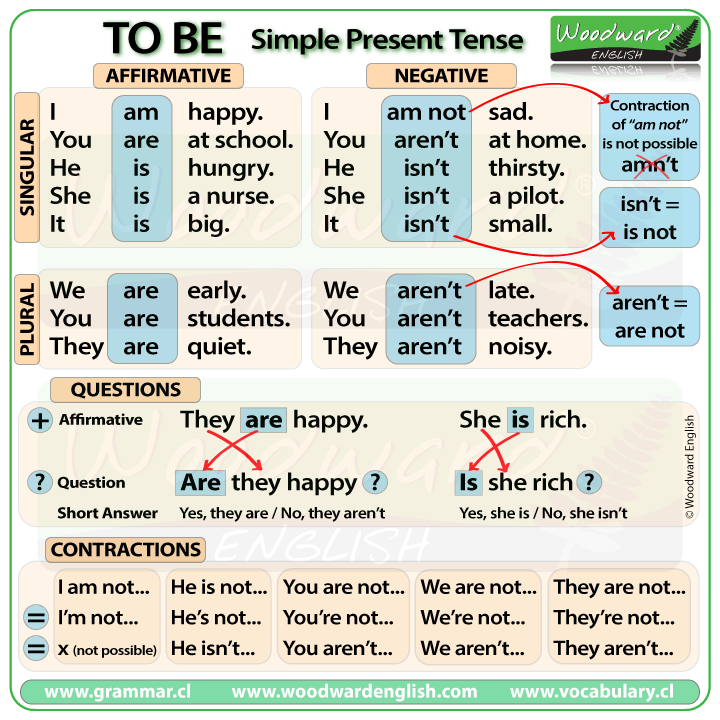



To Be In Present Tense English Grammar



Simple Present Of Be Positive And Negative Statements English Study Here




The Verb To Be Tenses Present Past Future To Be Present Tense They Are They Are Students They Are Ing They Are Being Realistic They Ppt Download
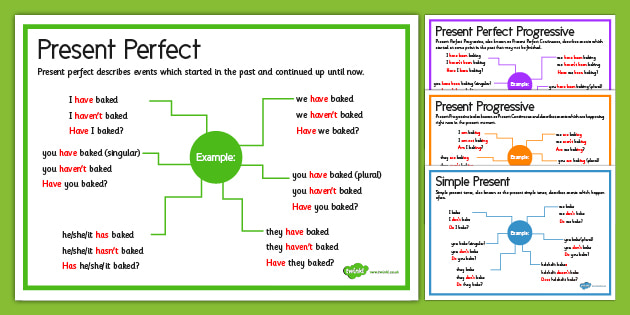



New Present Tenses Posters
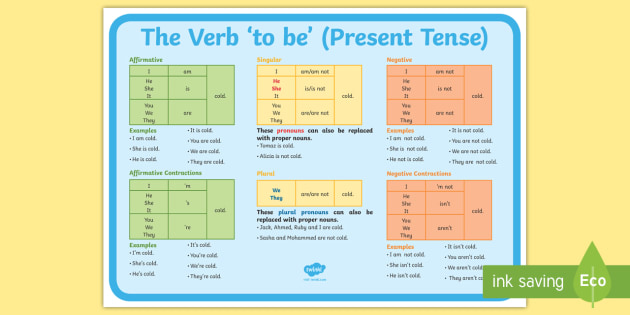



The Verb To Be Present Tense Poster




Verb To Be Activity Present Tense Youtube
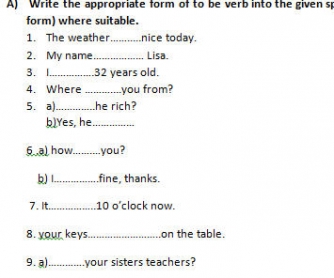



Verb To Be Simple Present




Structure Of Simple Present Tense English Study Page




Changing Present Tense Into Past Tense Youtube




The Verb To Be In The Present Tense Word Classes By Urbrainy Com
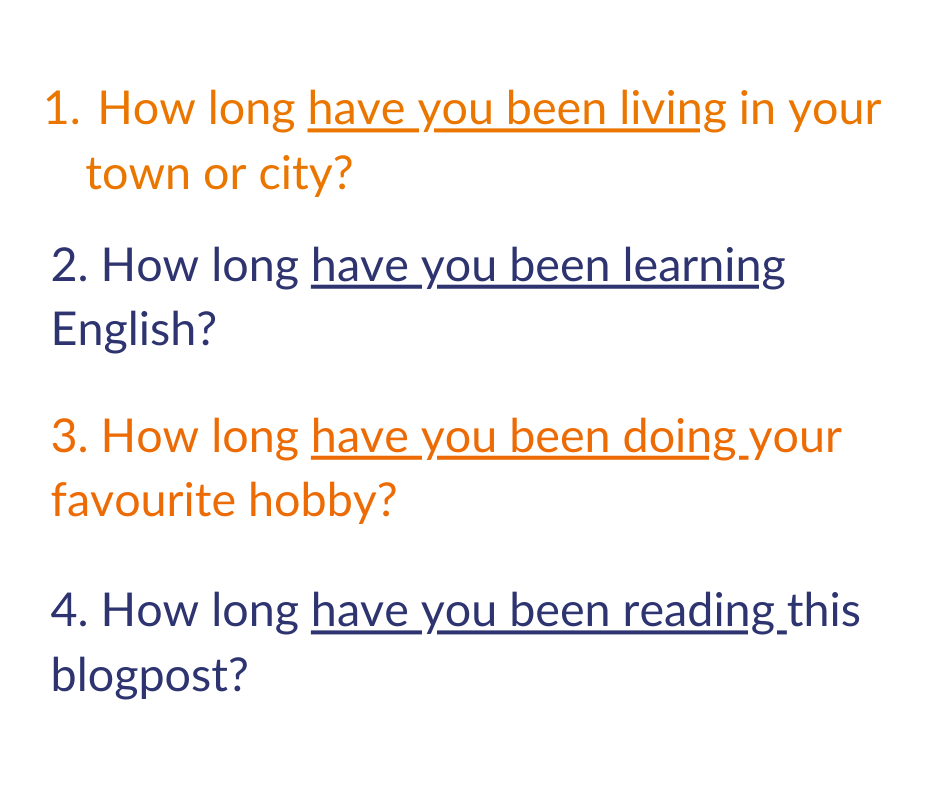



What Are The 4 Present Tenses In English And How Do You Use Them Oxford House Barcelona



0 件のコメント:
コメントを投稿